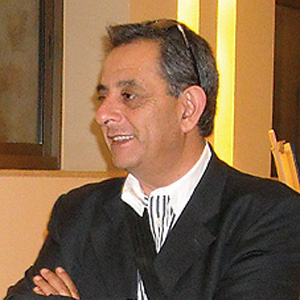In my opinion, the main challenge of Palestinian Christians has always been how to maintain the balance between assimilating to the local, predominantly Muslim, culture while preserving their own cultural and religious identity. Palestinian Christians have never considered themselves to be an ethnic minority but rather part and parcel of society, sharing a common fate of glory and pain.
When Palestine was lost in 1948, the Christian villages of Iqrit and Kafr Bir’im were not spared from demolition, and the ruins of the church in Iqrit still stand as a testimony. The inhabitants of both villages have yet to be allowed to return. In fact, their battle to go back to their destroyed villages is still in the courts. The religious identity of the Christians of Jaffa, Jerusalem, and many other cities and towns in historical Palestine did not protect them from the catastrophe that afflicted all Palestinians. A classic example: the residents of the upscale neighborhoods of Qatamon, Baqa’a, and King George in West Jerusalem, many of whom were Christian. Practically all the inhabitants of these neighborhoods were forced to leave their homes and never allowed to return. Forcibly evicting Christians from West Jerusalem or terrorizing them to the point of driving them out not only caused a massive wave of emigration but also triggered a tragedy that was never to be overcome.
Sharing a common fate surely creates a certain bond that is evident in Palestine, as the article “Neighbors of Trees and Stone” in this edition clearly demonstrates. This bond is bound to become even stronger as you wait in line to cross a checkpoint or when you risk losing your Jerusalem residency if you reside elsewhere for a certain amount of time. I would like to believe that the case of the city of Beit Sahour during the first Intifada, which started in 1987, exemplifies the spirit of Palestinian Christians. Along with other towns and refugee camps, Beit Sahour essentially competed for leadership in the national resistance against the occupation. The heroic resistance by the people of this Christian town became a source of national pride not only for Palestinian Christians but for all Palestinians.
I am not talking about perfect harmony (which I doubt exists between communities anywhere in the world), but when it rains, it rains on all.
Long live Palestine.


